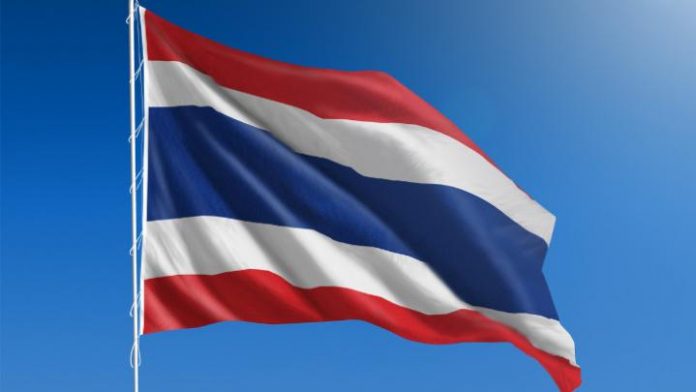According to the Nikkei Asian Review, Thai hospitals are expecting revenues to surge as more Chinese couples travel there for fertility treatment.
In 2015 the Chinese government decided to gradually ease the ‘one-child’ policy to increase the birth rate to have enough workforce to drive the country’s growth. The timing has however put pressure on some middle-aged couples, as the chances of conceiving declines with age while the risk of having babies with birth defects increases.
China’s ‘two-child’ policy over the last three years has created increased opportunities for Thai private hospitals as Chinese couples travel to Thailand for fertility services. Some critics say that China’s two-child policy is not yet having much effect. Many Chinese couples do not want to have a second child because of the rising costs of nurturing them. But even a small rise in the percentage of Chinese who wish to try for a second child, given the population of China, is expected to create rising revenues for countries such as Thailand.
Phayathai 2 International Hospital, a private hospital in Bangkok, has recently built a new ward for in vitro fertilization and a fertility clinic. It is expected to start commercial operations by the end of the year. Dr. Theerayut Jongwutiwes, the IVF and fertility expert at Phyathai 2, said the hospital is now dealing with around 30 to 35 couples a month, against 20 to 25 couples in the previous year, due to its active marketing approach. It is expecting to reach 50 couples a month by 2019. The hospital started moving into the Chinese market as early as 2014 by holding a roadshow in the southeastern city of Shenzhen.
Chinese people visiting Thai hospitals are not yet among the top five international clients. According to the Kasikorn Research Centre, of the number of foreign patients in private Thai hospitals in 2017, 12.5% were Middle Eastern; 8.2% Myanmarese; 6.2% American, 5% British, 4.9% Japanese and 2.2% Cambodian. Kasikorn forecasts that around 630,000 to 650,000 Chinese tourists are going to have medical or wellness treatments outside China in 2018. Of that total, some 40,000 Chinese medical tourists are expected to come to Thailand.
Another hospital chain which aims to tap into rising Chinese IVF demand is Thonburi Healthcare Group Public Company, which has built a new building in Bangkok to welcome more Chinese couples. Dr. Boon Vanasin, the founder and chairman of the group, claims the charges in Thailand for fertility services are around 40% cheaper than in Japan, the US and Singapore.
The Tourism Authority of Thailand is collaborating with hospitals in a marketing strategy to attract more Chinese couples to come to Thailand, not only for fertility clinic services but also for other medical services. The authority helped to set up IVF promotional campaigns in major cities in China, including Beijing, Guangzhou, Kunming, Chengdu and Sichuan.
View the latest IMTJ analysis of medical tourism to Thailand.








 ©2024 All rights reserved LaingBuisson
©2024 All rights reserved LaingBuisson 


